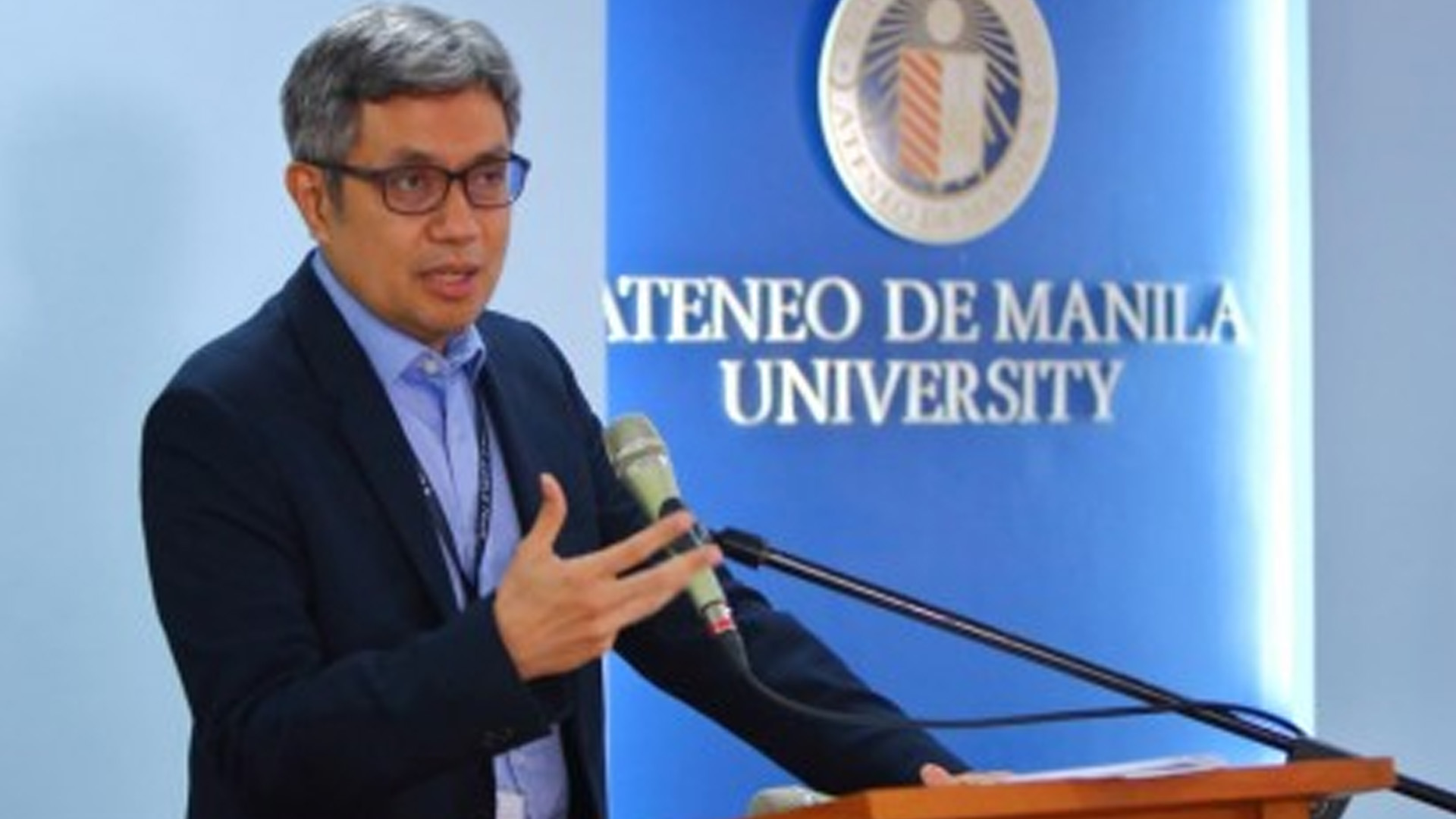The Marcos administration may want to consider cultivating the plant-based meat substitute industry as part of its broader food security strategy, according to an agricultural economist in the academe.
In an interview on Friday, Roberto Galang, dean at Ateneo de Manila’s John Gokongwei’s School of Management (JGSOM), also said meat production inherently generates a large carbon footprint.
He was reacting to a plan of the Department of Agriculture (DA) to increase domestic meat production by about 500 percent before the current administration’s term ends.
Galang explained that aside from the waste directly produced by poultries and piggeries, there is also the waste generated by the growing of feeds that sustain the animal population during their life cycle.
“Should we even try to produce more local chickens and pigs… or should we move towards more production of plant based products? Piggeries and chicken farms cause pollution,” he said.
Another matter that should be considered, Galang pointed out, is that many local government units (LGUs) do not want to host piggeries and poultries, especially those that produce on industrial scale because of the smell and waste they emit.
“The DA still has to figure out where we can build these livestock farms so that the farmers and entrepreneurs know where to go (to build their farms),” the dean added.
This was confirmed by Gregorio San Diego, chairman of the United Broiler Raisers Association (UBRA) and president of the Philippine Egg Board, who told the Philippine News Agency (PNA) that poultries in San Mateo and Montalban (Rodriguez), Rizal have been forced by municipal authorities to relocate elsewhere in the province.
“We moved further away, in towns like Baras, Pililla and Tanay, but now these areas are being groomed for tourism… we (poultry farms) may have to move even further away. That’s additional transportation cost for us,” San Diego said in Filipino.
Meanwhile, Galang said that most of the corn produced in the Philippines today is used as chicken feed.
He argued that if more plant-based meat alternatives are consumed locally, the lands used for growing animal feeds will be freed up for farming food that is directly consumed by people.
Galang said that many large corporations, such as San Miguel, Century Foods and Monde Nissin, have already established plant-based food subsidiaries.
“Should we not find more of that type of products and convince more consumers to eat more vegetables? It would actually improve food security if we promoted more veganism or vegetarianism,” he added. (PNA)









